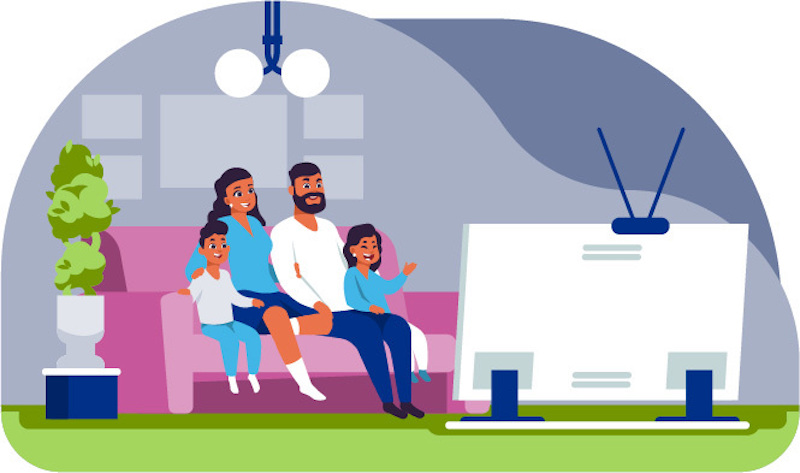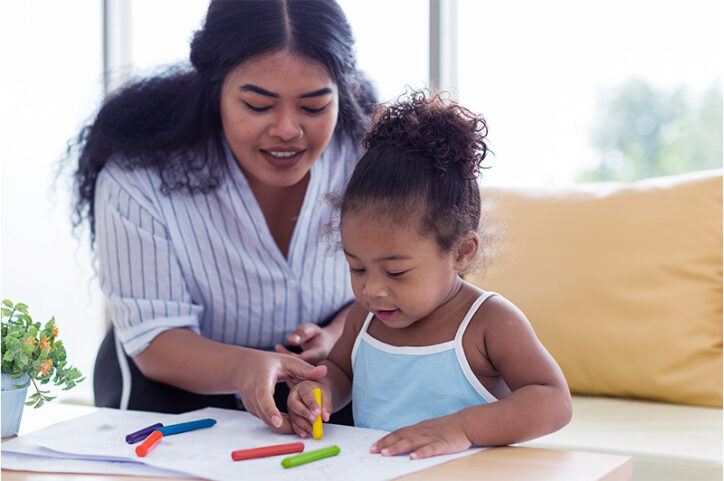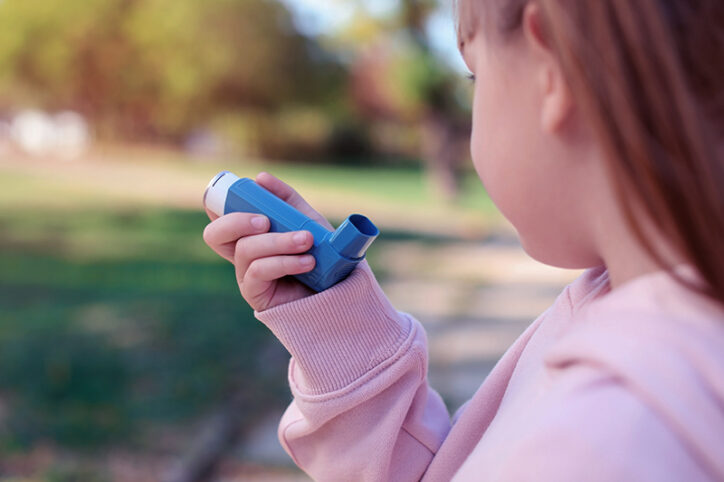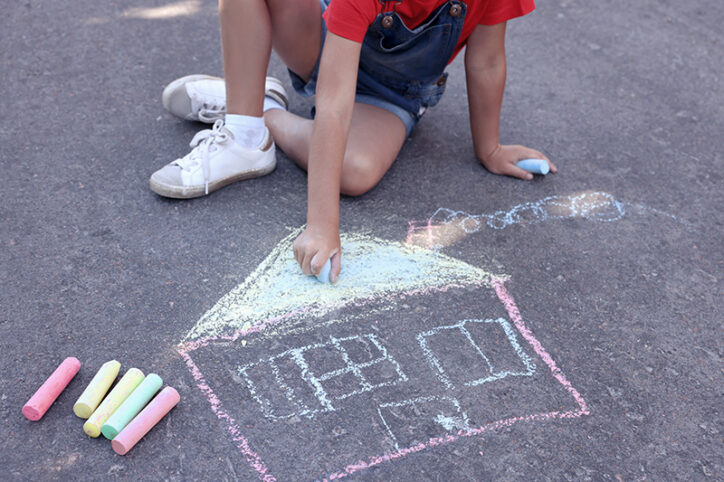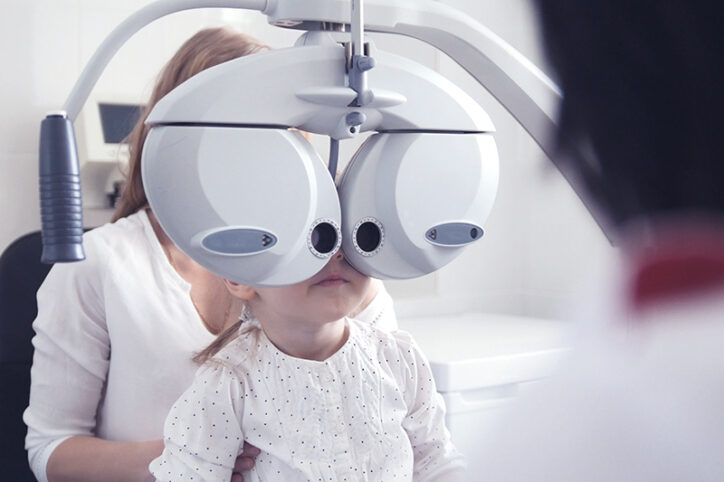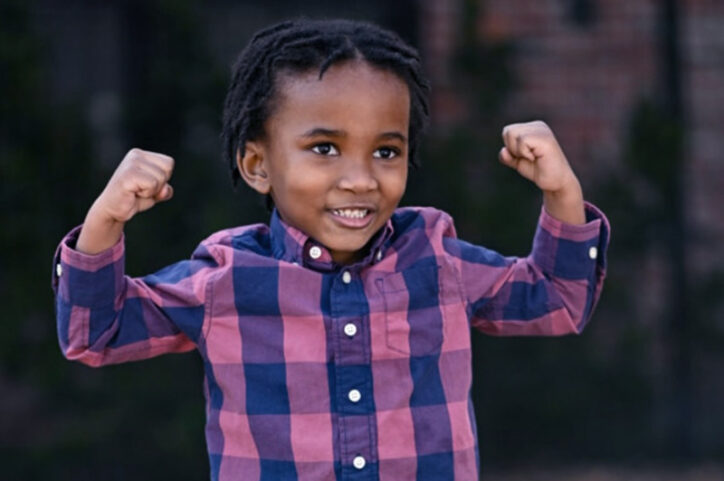Why parents really need to talk to their children about the news
These are strange, anxiety-provoking times. That’s true no matter where one lives or where one sits on the political spectrum — for all of us, it’s upsetting and confusing. If it feels that way for adults, just imagine what it’s like for children who catch snatches of information and conversations they don’t really understand. That’s ... Read More about Why parents really need to talk to their children about the news
October 2023 coloring pages
Celebrate the joys of the fall season with this month’s coloring pages, brought to you by Boston Children’s. CONS_29229_ColoringSheetDownload MAC_29210_ColoringPages_Bullying_October_HorizDownload MAC_29210_ColoringPages_Bullying_October_Vert-1Download MAC_29210_ColoringPages_Bullying_October_Vert-2Download MAC_29210_ColoringPages_Bullying_October_Vert-3Download Images: Adobe Stock/Illustration: David Chrisom Get more coloring pages, news, and tips for your family from our weekly newsletter. Sign up now! Share this:
September 2023 coloring pages
Get your family excited about healthy food with this month’s coloring pages, brought to you by Boston Children’s. ColoringSheet_RabbitGardenDownload ColoringSheet_GuineapigFruitVegDownload Images: Adobe Stock/Illustration: Patrick Bibbins Get more coloring pages, news, and tips for your family from our weekly newsletter. Sign up now! Share this:
August 2023 coloring pages
Help get your kids excited for the new school year with this month’s coloring pages, brought to you by Boston Children’s! MAC_28887_ColoringPages_Back_to_School_BlackboardDownload MAC_28887_ColoringPages_Back_to_School_KidsDownload MAC_28887_ColoringPages_Back_to_School_RocketDownload Images: Adobe Stock/Illustration: David Chrisom Get more coloring pages, news, and tips for your family from our weekly newsletter. Sign up now! Share this:
Five ways to help manage your child’s asthma this school year
While fall is a time of considerable change for children — a new school year with new challenges — it can also be especially difficult for those with asthma. Between viruses, allergies, and colder air, asthma triggers increase for many children in the fall. Late summer is an ideal time to ensure your child is ... Read More about Five ways to help manage your child’s asthma this school year
Help your child prevent myopia with two simple steps
Myopia — also known as nearsightedness, or the inability to see things far away — is becoming more prevalent in children. Although myopia can be triggered by genetics, it can also develop because of environmental factors such as limited time spent outdoors and increased time indoors doing activities such as activities on electronics. Dr. Kimberley Chan, an optometrist ... Read More about Help your child prevent myopia with two simple steps
Get a jump on potential eye conditions by having your child regularly tested
It can be surprising to learn your child has an eye condition. Children don’t always outwardly show symptoms of nearsightedness, a lazy eye, or another vision problem. That’s because children are adaptive. If one of their eyes doesn’t function well, they learn to adjust with the other one, according to Dr. Ryan Gise, an ophthalmologist in ... Read More about Get a jump on potential eye conditions by having your child regularly tested
July 2023 coloring pages
Chase away rainy-day boredom with this month’s coloring pages, brought to you by Boston Children’s! Coloring_Summer_BeachDownload Coloring_Summer_BikeDownload Coloring_Summer_InsectsDownload Images: Adobe Stock/Illustration: David Chrisom Get more coloring pages, news, and tips for your family from our weekly newsletter. Sign up now! Share this:
Biko’s legacy: Mom honors her son through water safety awareness
Biko Mangcu was “a big bright light,” says his mother, Sipho. Everyone in his Cambridge, Massachusetts, neighborhood knew him. His big brown eyes and wide smile were featured in advertising that still adorns toy packaging. At school, his teachers and classmates called him “the mayor.” “He was so full of love and joy,” says Sipho. ... Read More about Biko’s legacy: Mom honors her son through water safety awareness
Chronic headaches: Five things families should know
You might think of headaches as an adult problem, but they can affect children and teens, too. In fact, about 20 percent of school-aged kids are prone to headaches, according to the National Headache Foundation. A smaller number of those kids experience chronic headaches, which are defined as headaches that occur 15 or more days ... Read More about Chronic headaches: Five things families should know


